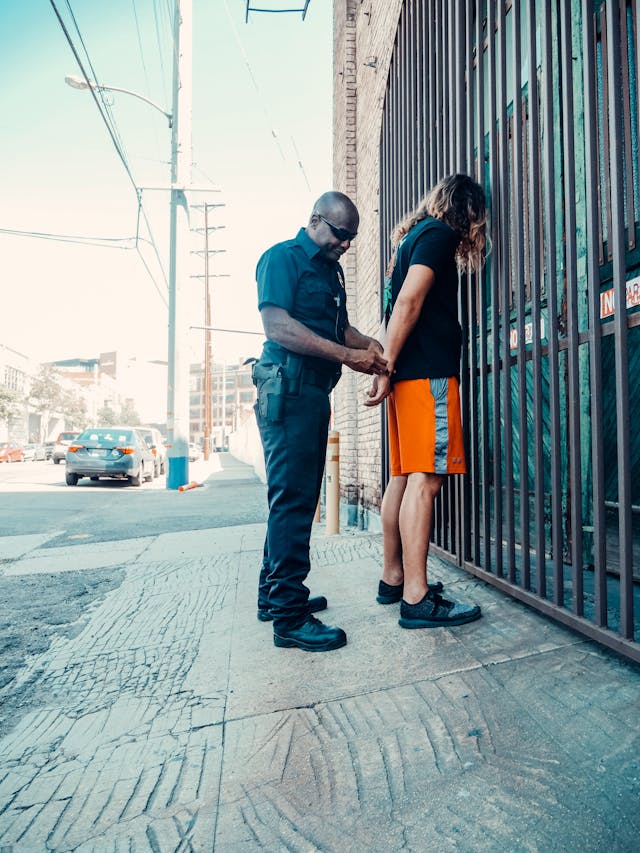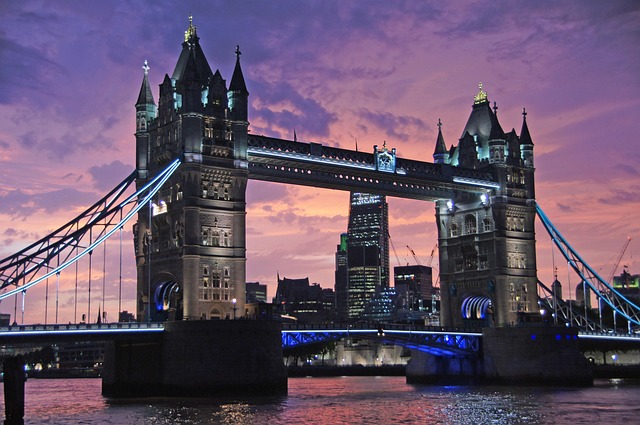 The migration debate is largely about assimilation or integration, which means that immigrants adapt fully or partially to the new culture of the new country. They learn both language and customs. Integration is considered important. Both those in favour and against immigration are upset when people who have lived their whole life in the new country still can’t speak the language, dress differently or haven’t found a job.
The migration debate is largely about assimilation or integration, which means that immigrants adapt fully or partially to the new culture of the new country. They learn both language and customs. Integration is considered important. Both those in favour and against immigration are upset when people who have lived their whole life in the new country still can’t speak the language, dress differently or haven’t found a job.
Personally, I have not understood the idea of changing culture. By all means, the language is important to learn otherwise you can’t make yourself understood, unless you live in a neighbourhood with mostly fellow countrymen, then even that is not necessary. I suspect that integration or assimilation is mostly about superficial adaptation. Sure, you can learn the jargon and adopt certain cultural traits, but the core of your being often remains the same. It is very difficult to change deep cultural values and beliefs. Maybe it is not even desirable? It would require some kind of mental re-education camp, and then we are in totalitarian waters.
Why do we keep talking about integration and assimilation? Does anyone believe in it any more, after all the failures? We may remember the labour migration of the 1960s when people from the Balkans came to Northern Europe. They learned the language relatively quickly and became part of the social fabric. Perhaps it was easier because they came from Christian European countries with a similar culture and basic beliefs?
But even then, integration was not easy, and conflicts between groups could arise. And we saw that some of the immigrants were already excluded at that time, partly because of substance abuse and criminality, but also because of exhaustion, repetitive strain injuries, etc. And many labour migrants eventually went back to their countries, especially when they retired. Maybe they still liked their home country and its culture best?
So with all this in mind, we should realise that there is something wrong with all the talk of integration and assimilation. Has it ever worked? Yes, in some cases, especially in groups of highly educated immigrants or when they come from the same cultural sphere. But even then, if you scratch the surface, you will realise that they do not fully share your values.
Perhaps integration is, to some extent, about putting on make-up and adopting a demeanour that suits the occasion?
That said, can we imagine the future in a world where integration does not work? The idea of the adaptable immigrant is the crutch everyone leans on. What if that crutch is suddenly snatched away? Will immigration even make sense when we realise that the idea of integration is exaggerated or even false? What will such a world look like?
It will probably involve the creation of distinct communities, where different languages are spoken and different cultural values apply; and the larger these communities become, the louder the calls for self-government will be.
The best case scenario is a country like Switzerland, with peaceful autonomous areas and language regions, and the worst case is an Ottoman society, with different languages, cultures and religions in close proximity, perhaps even walls and border controls. In our case, the latter example is more relevant, as the different population groups are separated by religion, language and culture.
Different rules and laws will apply to different ethnic groups, and the decision-making process will be complicated, with corruption and nepotism. Often an ethnarch is in charge, i.e. a representative of the specific ethnic group, sometimes also a religious leader.
Conflicts and small wars can occur over resources and assets. Until a so-called strongman unifies some larger areas, forcing the remaining smaller communities to join. This can of course be a violent story, with wars, burning of villages and towns, ethnic cleansing and displacement.
The unity and security we enjoyed until recently did not come for free, but required costly sacrifices from old and forgotten generations. Perhaps it was taken for granted? Something we took for given? Perhaps it was thought that we could unite around something new? Democracy, multiculturalism, globalism, the climate? Or was it about divide and conquer, until there was nothing to conquer any more?







